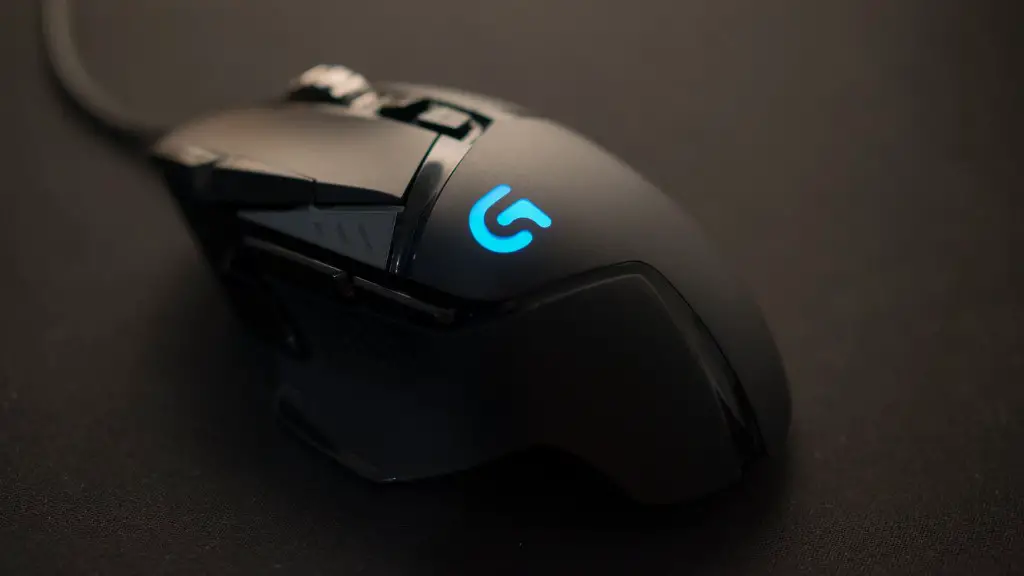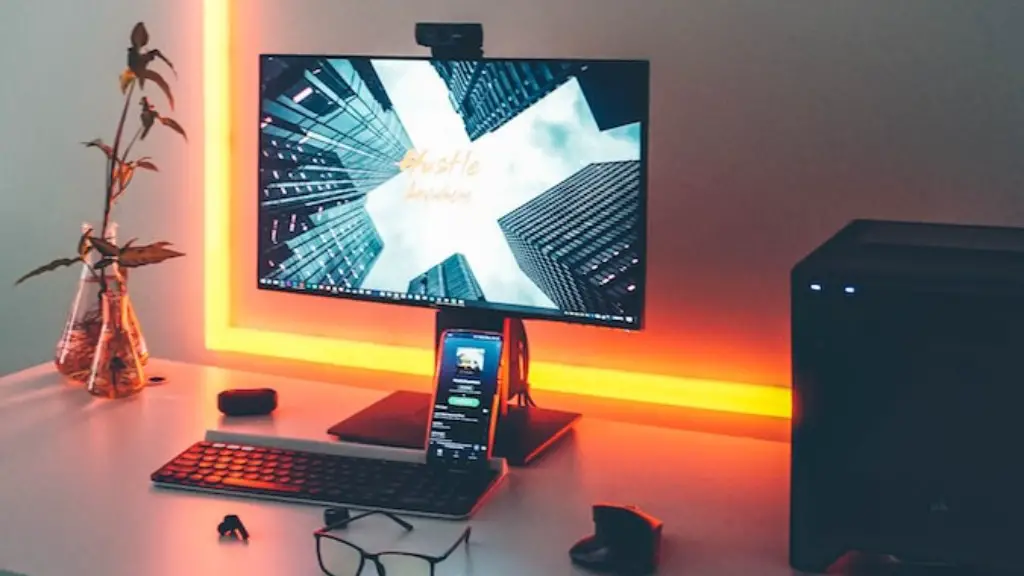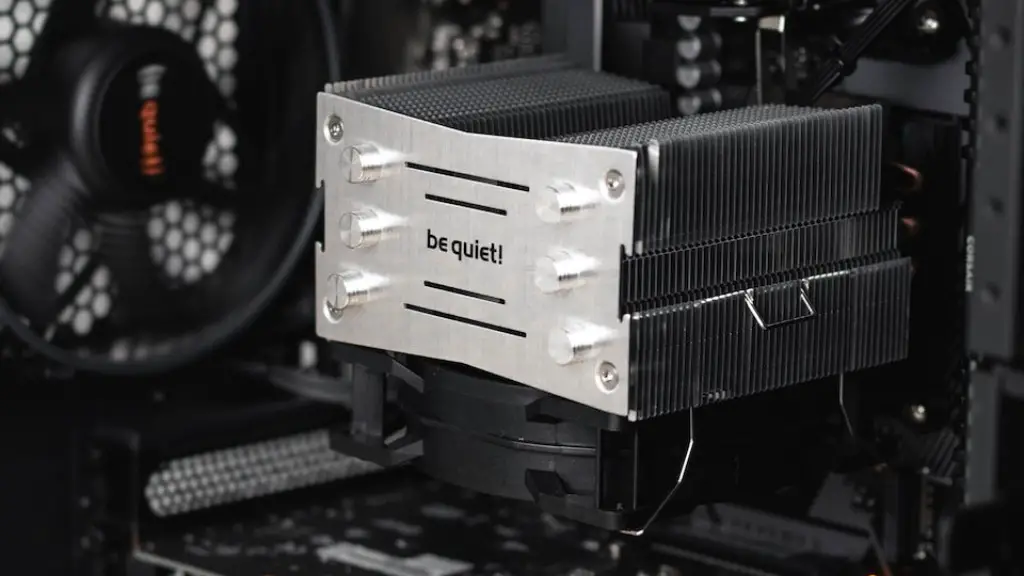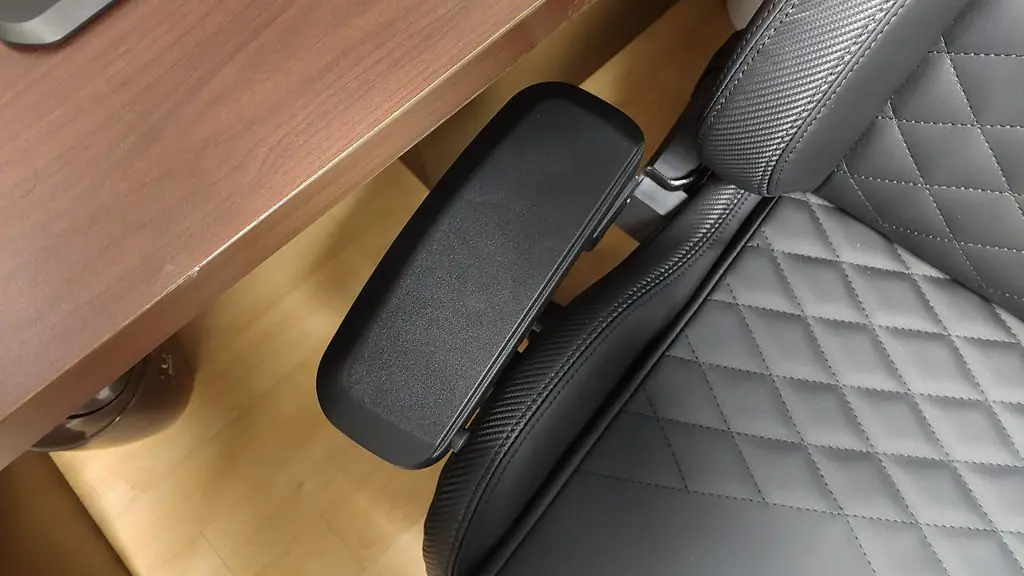When shopping for a gaming mouse, there are several features to look for that will give you an edge during gameplay. These include a high DPI (dots per inch) rating for precise cursor control, on-the-fly DPI switching for quickly changing sensitivities in game, and customizable RGB lighting to set the mood. Gaming mice also often come equipped with extra buttons that can be programmed with in-game macros for shortcuts, and some even have built-in displays for monitoring your vital stats. To find the best gaming mouse for your needs, it’s important to first understand the different types of gaming mice and the features they offer.
The most important factor to look for in a gaming mouse is its sensor. The sensor is responsible for tracking the mouse’s movements and translating them into on-screen cursor movement. There are different types of sensors available, but the two most popular ones used in gaming mice are optical and laser sensors.
Optical sensors use an LED to track the mouse’s movement, while laser sensors use a laser. Optical sensors are generally more accurate than laser sensors, but they can be more sensitive to dirt and dust. Laser sensors, on the other hand, are not as affected by dirt and dust but they can be less accurate than optical sensors.
Another factor to consider is the DPI or dots per inch. This is a measure of how sensitive the mouse is to movement. The higher the DPI, the more sensitive the mouse is. Gaming mice typically have a DPI of around 800 to 3200.
The polling rate is another factor that can affect the performance of a gaming mouse. This is the rate at which the mouse reports its position to the computer. A higher polling rate means that the mouse is sending its position to the computer more often, resulting in smoother and more responsive cursor movement.
Finally, you should also
What specs should I look for in a gaming mouse?
There are a few things to consider before buying a gaming mouse, such as the type of game you play, the type of sensor, wired or wireless, the dots per inch and counts per inch, the weights, grip style, lighting and customization.
Extra-sensitive optical sensors:
Gaming mice should have more sensitive optical sensors that can detect smaller movements more quickly than a standard mouse. This would allow gamers to be more precise in their movements and could potentially give them an edge over their opponents.
More buttons:
At a minimum, a good gaming mouse should have a clickable scroll wheel, a button for adjusting sensitivity, and two buttons where your thumb rests. This would give gamers more control over their game play and would make it easier to perform complex actions.
How much DPI is good for gaming
800 DPI is the best starting DPI for a 1080p or 1440p system. While it might seem low, this level is suitable for most gameplay styles. It provides enough sensitivity for most players while still being able to offer good performance on a high-resolution monitor.
For fast-paced games that rely on accurate mouse movements, it is recommended to use settings higher than 500Hz, and 1000Hz is the current industry standard. A few mice have higher polling options of 2000Hz, 5000Hz, and 8000Hz which produce smoother and more consistent cursor movements.
How many Ghz is good for gaming mouse?
To get the level of precision one expects from gaming mice, most manufacturers use a low-latency 24GHz wireless radio-frequency (RF) connection that syncs directly with a USB receiver plugged into your PC. A 24GHz wireless arrangement should be able to create a stable connection with no discernible input lag.
There are a few things to consider when choosing the best gaming mouse for you. First, think about the type of games you typically play. If you’re a first-person shooter fan, you’ll want a mouse that’s fast and precise. If you’re into real-time strategy games, you’ll need a mouse that’s comfortable for long hours of play. MMO gamers will want a mouse with lots of buttons for easy access to all their spells and abilities.
Once you’ve considered the type of games you play, it’s time to think about your grip style. Some people prefer to hold their mouse with their palm, while others use a claw grip. There are also mice designed for people with larger or smaller hands.
Finally, you’ll want to think about the features you want in a gaming mouse. Some mice have extra buttons that can be programmed for specific in-game actions. Others have customizable weights so you can adjust the feel of the mouse to your preference. Some even come with RGB lighting that can be customized to match the rest of your gaming setup.
No matter what your needs are, there’s a gaming mouse out there that’s perfect for you. So take your time and find the one that’s right for you.
Does quality of gaming mouse matter?
A gaming mouse is designed to be more sensitive than a normal mouse, which can be helpful when playing video games. The technology used in gaming mice allows for more responsiveness, which can be important when playing competitively.
We live in a world where technology is constantly evolving and improving. Our devices are getting faster and more powerful, and we expect the same from our gaming peripherals. 1000 dpi is simply too slow for a 1080p monitor, and 3500 dpi is the bare minimum for a decent gaming experience. If you’re serious about gaming, you need to get a gaming mouse that is capable of 3500-4000 dpi.
Which DPI is best for FPS
When it comes to precision shooting in first person shooter (FPS) games, it is generally recommended to use a lower DPI setting in the range of 400-800. This allows for more precise aiming, especially at long range targets. Of course, ultimately it is up to the individual player to experiment with different DPI settings to see what works best for them.
DPI is short for “dots per inch” and is a measure of how many times your mouse cursor will move per inch that you move your mouse. The average person has a DPI between 800-1200, but gamers will often have a much higher DPI in order to gain an advantage in moving their cursor across the screen quickly. Pro gamers will often have a DPI between 400-800, which is where most gaming mice will track perfectly. If you have a DPI that is too high, your mouse cursor will move too fast and it will be difficult to control. If you have a DPI that is too low, your mouse cursor will move too slow and you will miss important targets.
Is 1600 DPI better than 800 for gaming?
There is no denying that 1600 dpi is better for fps games and shooters. The main reason is because there is no pixel skipping which allows for better micro adjustment. This simply makes the gaming experience more smooth overall.
It’s true that the difference between 500Hz and 1000Hz polling rate is only 1ms, but that doesn’t mean there’s no difference at all. Some people might notice a slight improvement in their gameplay with a 1000Hz mouse, while others might not notice any difference at all. Ultimately, it comes down to personal preference.
Is 8KHz mouse worth it
The Razer Viper 8KHz is an excellent Gaming Mouse, it’s lightweight and ambidextrous making it great for those who need a more nimble option. Its main appeal however is its low price, making it an excellent choice for budget conscious gamers.
A gaming monitor’s refresh rate is the number of times per second that the image on the screen is refreshed. A higher refresh rate means that the image on the screen will be refreshed more frequently, and a lower refresh rate means that the image on the screen will be refreshed less frequently. A mouse’s polling rate is the number of times per second that the mouse sends information to the computer. A higher polling rate means that the mouse will send information to the computer more frequently, and a lower polling rate means that the mouse will send information to the computer less frequently.
Most gamers will not see a difference in gameplay with a mouse that has a polling rate of 1,000 Hz, so there is no need to overpay for a mouse with a higher polling rate.
How many Ghz RAM do I need for gaming?
16GB is the recommended amount of RAM for playing most games and will provide a noticeable increase in performance from 8GB. You will also be able to run applications in the background without affecting gameplay. This will ensure that you can enjoy your games at the highest level possible and not have to worry about any drop in FPS.
RAM, or Random Access Memory, is a type of storage for your computer that holds the data your CPU needs to access quickly. The more RAM you have, the more data your CPU can store, and the faster your computer will be overall.
For gaming, you need enough RAM to store the game data as well as any other data the game might need to access quickly. Most modern games require at least 16GB of RAM, and more if you multitask or run other programs while gaming. If you don’t have enough RAM, your computer will slow down and you may experience lag or stuttering in your games.
So if you want to game on your PC, make sure you have at least 16GB of RAM. And if you plan on multitasking or running other programs while gaming, get 32GB or more.
Conclusion
When choosing a gaming mouse, there are several important factors to consider. First, you will want to look for a mouse that is comfortable to use for long periods of time. Second, you will want to choose a mouse with customizable buttons that you can program to perform different in-game actions. Third, you will want to consider the mouse’s sensitivity and choose one that can be adjusted to your preferences. Finally, you will want to make sure the mouse is compatible with your computer’s operating system and any other gaming peripherals you may be using.
There are a few things to look for in a gaming mouse, such as a high DPI, comfortable grip, and customizable buttons. A high DPI means that the mouse will be more sensitive to your movements, making it easier to aim and shoot. A comfortable grip is important because you’ll be using the mouse a lot and you don’t want your hand to get tired. Customizable buttons are also a good feature to have because you can map different functions to them, such as sprinting or using a grenade.



